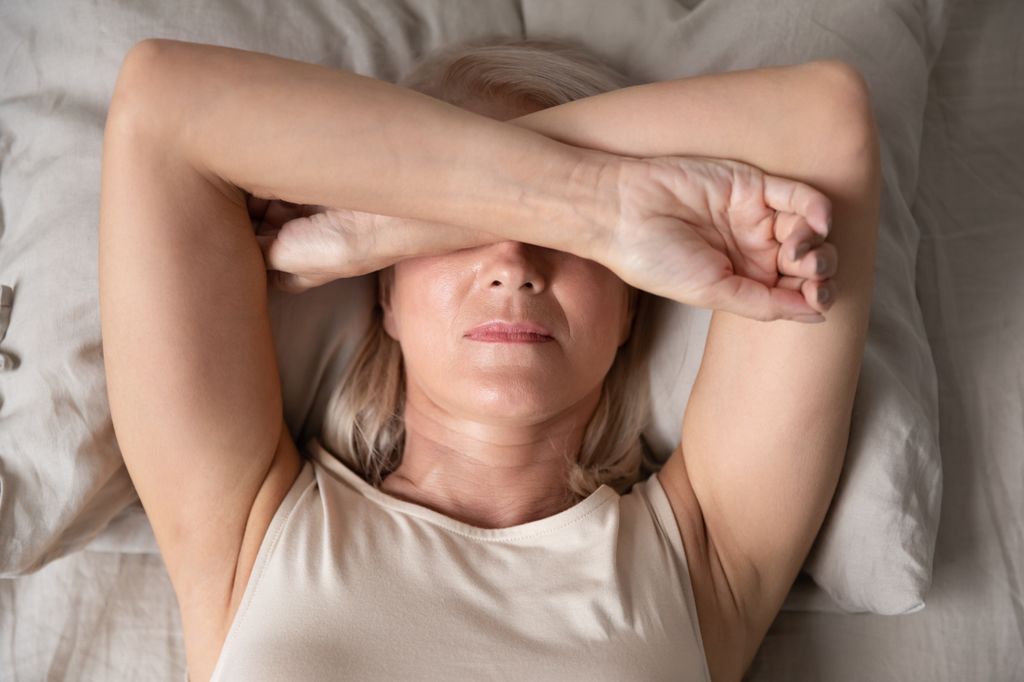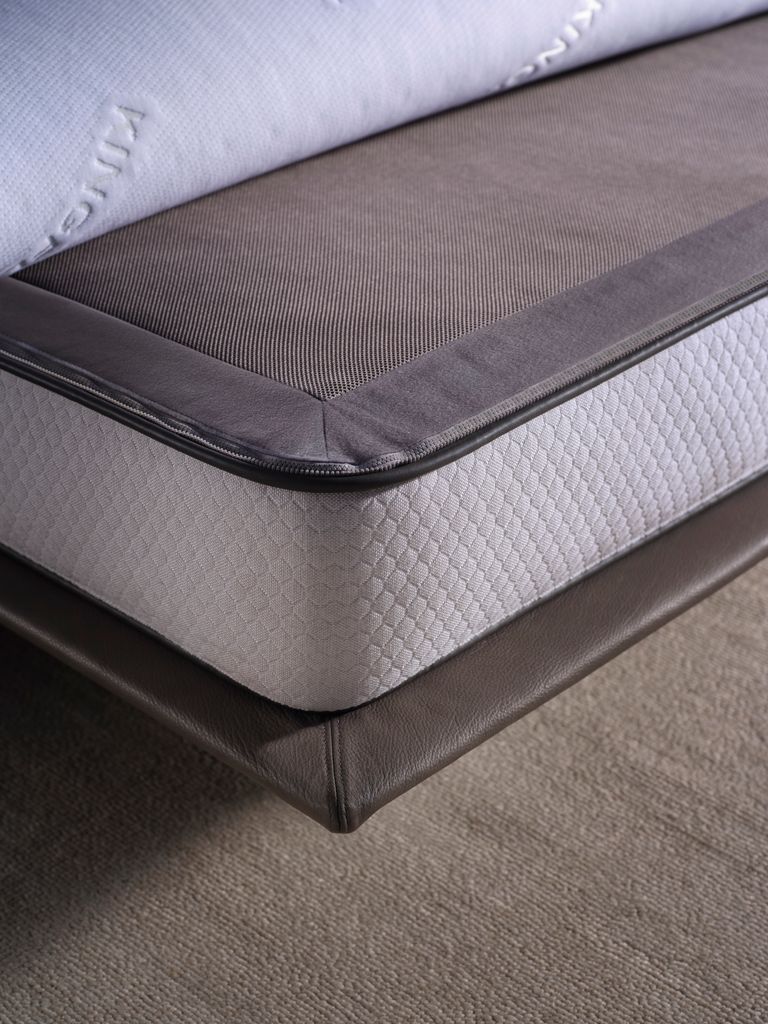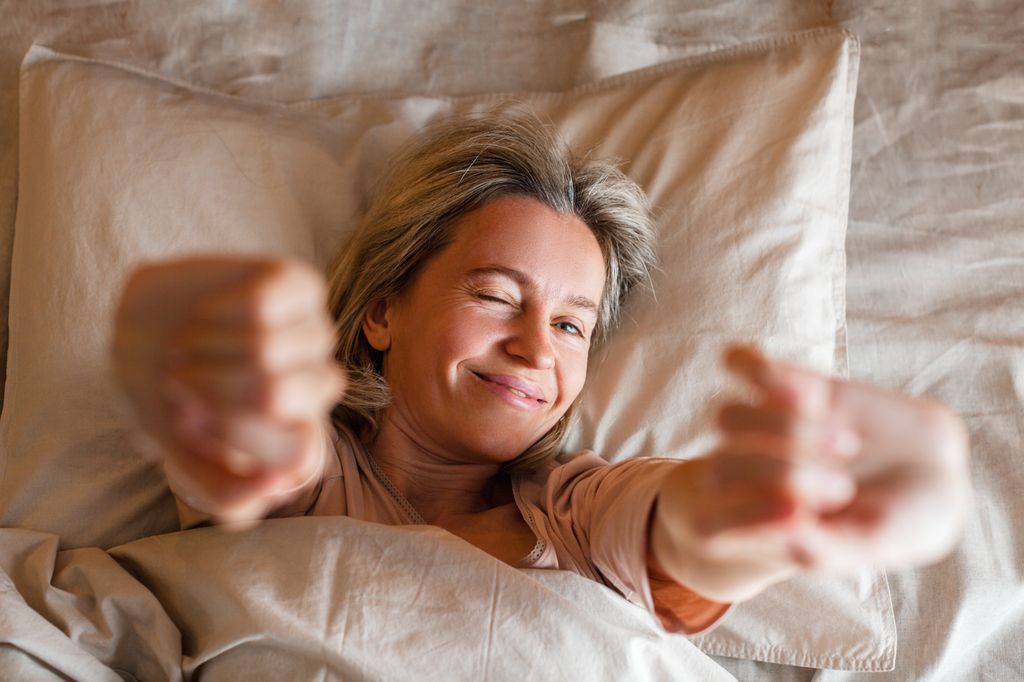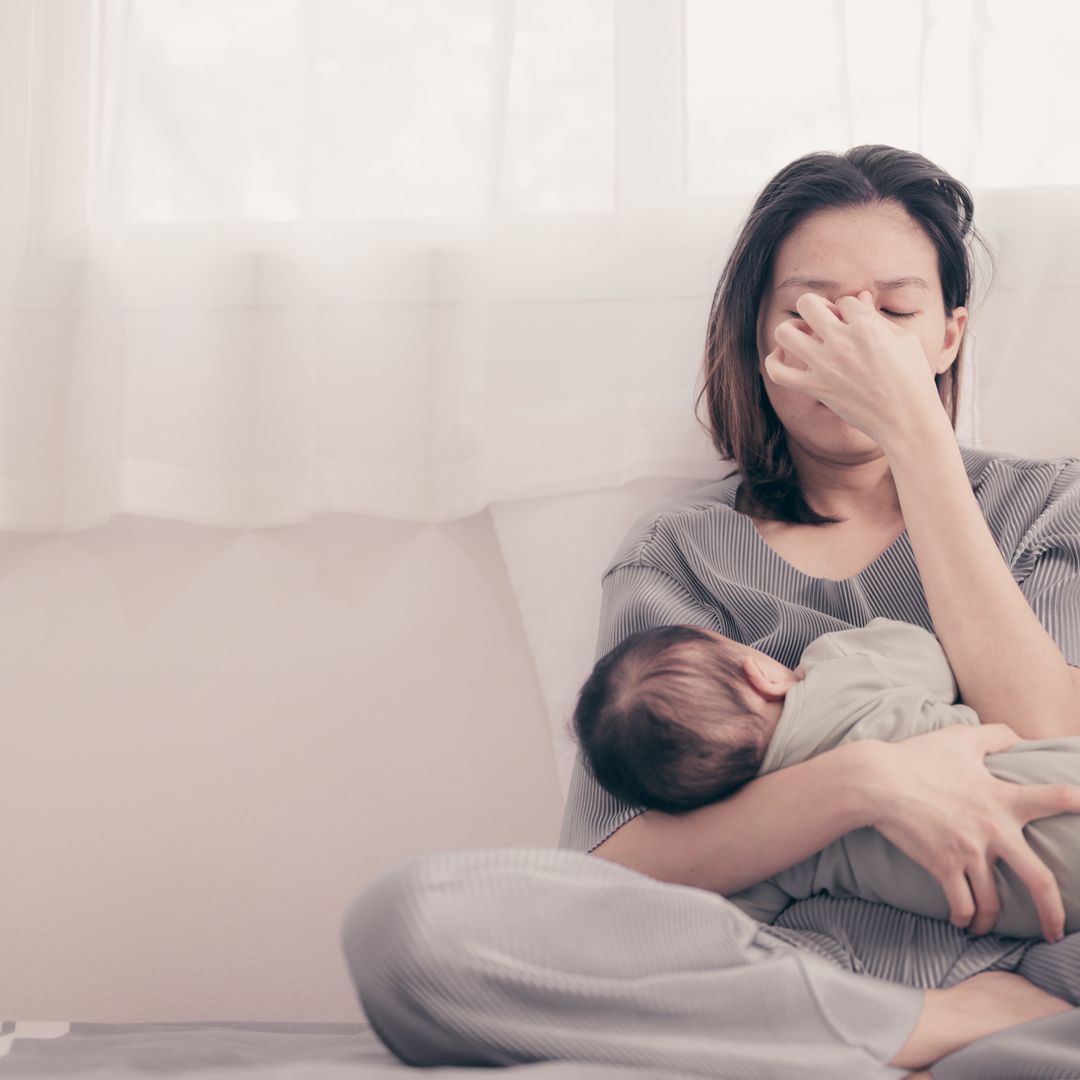As a nutritionist, health advocate, and someone who takes great pride in maintaining a balanced lifestyle, I thought I had most things figured out when it came to wellness. From regular exercise routines to a nutrient-rich diet, I have all the foundations of good health. Yet, one aspect of my life seemed to fall apart unexpectedly—my sleep. Over the past year, I’ve found myself battling a new and unwelcome companion: perimenopausal insomnia.
It crept in gradually. At first, I noticed an occasional restless night or the inability to fall back asleep after waking at 3 a.m. But before long, this sporadic occurrence turned into a nightly struggle. Tossing and turning, staring at the ceiling, my mind would race with no clear reason.
My energy levels began to wane during the day, my moods were more erratic, and I started feeling like a shell of my once vibrant self. What baffled me most was that this wasn’t supposed to happen to me. I eat clean, exercise regularly, and am meticulous about my sleep hygiene. So why couldn’t I rest?
Understanding Perimenopausal Insomnia
The reality is that no matter how healthy your habits, perimenopause brings its own unique challenges. For those unfamiliar, perimenopause is the transitional phase before menopause, typically beginning in women in their 40s, although it can start earlier. It’s marked by hormonal fluctuations, primarily in oestrogen and progesterone, which are not only critical for reproductive health but also play a role in regulating sleep. As these hormones fluctuate wildly, they can disrupt your body's circadian rhythm, making restful sleep harder to achieve.
It’s estimated that about 50% of women between 40 and 60 experience trouble sleeping during this stage of life. And I was no exception. Despite my best efforts to manage my symptoms naturally through diet and lifestyle adjustments, sleep was the one area where I simply couldn’t seem to find a solution. It was deeply frustrating and demoralising.
What I Tried to Combat Insomnia
As someone who always approaches health challenges from a holistic standpoint, I immediately started researching. I adjusted my diet, focusing even more on foods known to support hormonal balance, like flaxseeds, soy, and leafy greens. I introduced supplements such as magnesium and melatonin, cut back on caffeine and alcohol, and made an effort to exercise earlier in the day rather than in the evening.
I also tried every form of sleep hygiene practice imaginable: shutting down screens an hour before bed, keeping my bedroom cool and dark, using calming essential oils, and practising mindfulness. Nothing seemed to work consistently.
I knew that hormonal changes were playing a significant role, but I still felt like there was a missing piece to the puzzle. That’s when I turned my attention to a factor I’d overlooked: my mattress.
The Link Between Mattress Quality and Sleep During Perimenopause
This revelation came when I spoke with Dr. Carmel Harrington, a sleep expert with decades of experience in helping women navigate sleep disorders. According to Dr. Harrington, sleep quality is often impacted by factors beyond just hormones, and one of the most critical yet underappreciated factors is mattress quality.
"Insomnia and fatigue are among the most common health complaints of perimenopausal and menopausal women," Dr. Harrington explained. "It’s estimated that about 50% of women between 40 and 60 experience trouble sleeping."
Dr. Harrington went on to emphasise that while hormonal fluctuations are a primary contributor to poor sleep, many women also experience sleep disturbances due to conditions of ageing, such as weight gain, chronic illness, or pain. All of these issues can be exacerbated by a poor mattress.
“Lack of sleep will exacerbate all of these conditions, so it is important to maximise your opportunity for optimal sleep,” she said. “Your ability to get good sleep is very much affected by your mattress quality.”
Why a Good Mattress Matters
I had never considered how much my mattress was contributing to my poor sleep. As Dr. Harrington noted, ideally, your mattress should: Be supportive throughout the 7-9 hours of sleep, suit your current body style and not exacerbate any pain, be breathable (and/or temperature adjustable) to allow heat to dissipate, thereby minimising the effects of hot flushes during sleep and be customisable to your needs and not that of your partners.
This was eye-opening for me. I realised that my old mattress, which had served me well in my 30s, was no longer meeting my needs. I had recently started experiencing more back and shoulder pain, and I was waking up drenched in sweat due to the night sweats associated with perimenopause. Dr. Harrington explained that this is common, as the body's temperature regulation can go haywire during this stage.
Investing in Sleep: Finding the Right Mattress
Taking Dr. Harrington’s advice to heart, I decided to invest in a new mattress tailored to my current needs. I did thorough research and found one that was not only supportive and comfortable but also designed to help regulate body temperature. For women in perimenopause or menopause, a mattress that can adapt to fluctuating body temperatures is essential. Look for options that offer breathable materials or even built-in cooling technology.
Additionally, I sought out a mattress that offered adjustable firmness, so I could find just the right balance for my back and shoulder support. I also opted for a separate topper that allows me to make minor adjustments without having to replace the entire mattress if my needs change again in the future.
The Difference it Made
After switching to my new mattress, I immediately noticed a difference. It wasn’t a miracle cure—I still have the occasional night where sleep eludes me—but those nights are now fewer and farther between. The physical pain I had been experiencing dissipated, and the night sweats are much more manageable. Most importantly, I’m no longer waking up every few hours feeling restless and irritable.
What I’ve come to realise is that while nutrition, exercise, and mindfulness are all crucial parts of managing perimenopause, the physical environment in which we sleep is just as important. The body is more sensitive during this stage, and something as seemingly minor as mattress quality can have a major impact on sleep.
Final Thoughts
If you’re struggling with sleep during perimenopause or menopause, know that you’re not alone. This is a common issue for women, and it’s not a reflection of poor health habits or lack of discipline. Sometimes, the answer lies in unexpected places. Don’t hesitate to evaluate the basics, such as your mattress or bedding, because small changes can yield significant improvements.
As Dr. Harrington so aptly put it, “Good sleep behaviours are essential for sleep optimisation.” And one of the best behaviours we can adopt is ensuring that our sleep environment is truly supporting us, in every sense of the word.
So, if you’re like me and have tried everything else to no avail, take a closer look at where you rest your head each night. It might just be the missing piece you need to reclaim your nights—and your energy during the day.
Remember, sleep is not a luxury; it’s a necessity. Let’s make it a priority, especially during this challenging yet transformative stage of life.
LISTEN: Shirley Ballas reveals all about major life change amid debilitating back pain
Faye James is an accredited nutritionist, member of the Australian Menopause Society and author of The Menopause Diet













